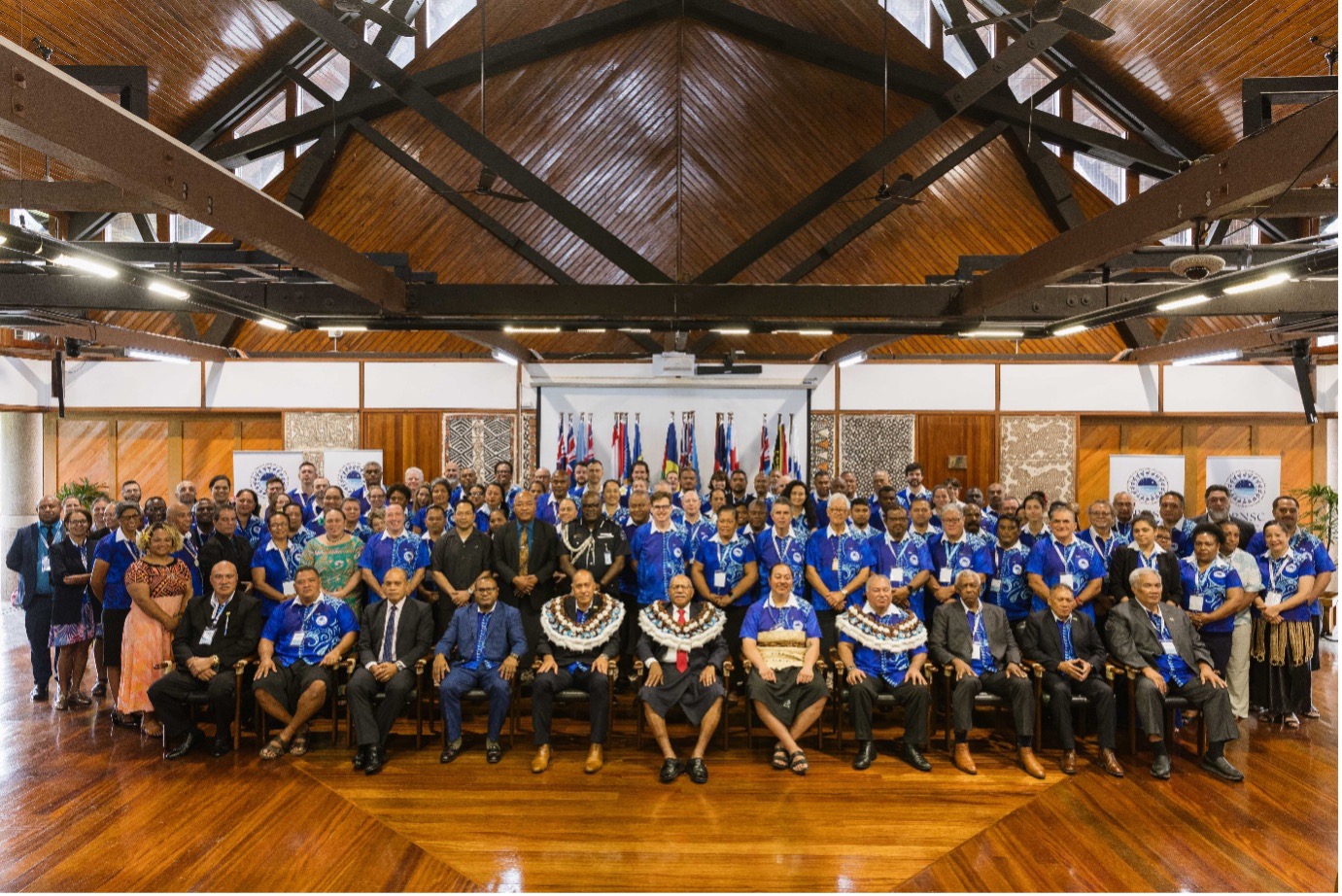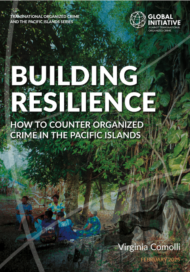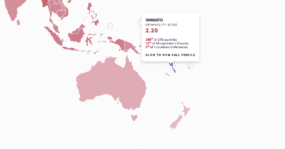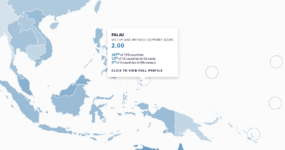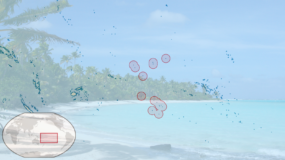Posted on 30 Jul 2025
From 14 to 16 July 2025, the Pacific Regional and National Security Conference was held at the Pacific Islands Forum Secretariat in Suva, Fiji. As Pacific Islands Forum leaders prepare to review the Boe Declaration on Regional Security Action Plan and consider the ‘Ocean of Peace’ concept in September, key security figures, regional and national officials, and civil society representatives gathered to address the interconnected crises facing the Pacific, which Prime Minister Sitiveni Rabuka of Fiji termed a ‘polycrisis’.
The agenda was broad, but several issues emerged prominently. Climate change and climate security were recurring themes throughout many sessions, alongside concern for the marine environment. The threat posed by transnational organized crime was also a key theme, and was the focus of the panel to which the Global Initiative Against Transnational Organized Crime (GI-TOC) had been invited to contribute. The increase in drug trafficking and use, particularly of methamphetamines, has become a matter of serious concern in the region.
The Pacific Islands are increasingly being used as transit hubs for illicit shipments moving from Asia and the Americas to Australia and New Zealand. Powerful foreign crime groups, including Mexican cartels, Asian syndicates and outlaw motorcycle gangs, are behind this trade, often working with local actors. The growing domestic drug markets are generating a range of harmful side effects, including increased petty crime, community fragmentation, and an alarming rise in HIV infections caused by injecting methamphetamine and sharing needles, particularly in countries such as Fiji.
A notable feature of the conference was the open acknowledgement by police commissioners and government officials of the shortcomings of current law enforcement capacities, legislative frameworks and healthcare infrastructure. Many emphasized the need to address the drug epidemic – and organized crime more broadly – through non-traditional approaches. This included stronger cross-sectoral collaboration, particularly between the police and public health services.
A compelling notion that resonated with many attendees was the value of holistic, whole-of-society approaches. Civil society groups, including community and faith-based leaders, were recognized as playing a crucial role in raising awareness and building grass-roots resilience to drug use and organized crime.
From the GI-TOC’s perspective, these discussions were encouraging. We have long advocated for integrated responses that combine top-down and grass-roots interventions, and that bridge sectors to combat organized crime effectively. In addition, in this regional context, any solution must be rooted in the ‘Pacific way’, respecting local culture, customs and community leadership. It was promising to hear about pilot crime prevention programmes leveraging traditional structures, such as village leaders acting as focal points for information sharing, and residents becoming active participants in community safety by reporting suspicious boats and activities. These initiatives demonstrate how traditional and formal governance can be blended into effective community policing models.
The conference reaffirmed the commitment to a Pacific-led approach to regional security, emphasizing that, although there are numerous dedicated national and regional bodies, improved coordination and information sharing remain critical. In the face of increasingly transnational and complex threats, regional cooperation is essential.
